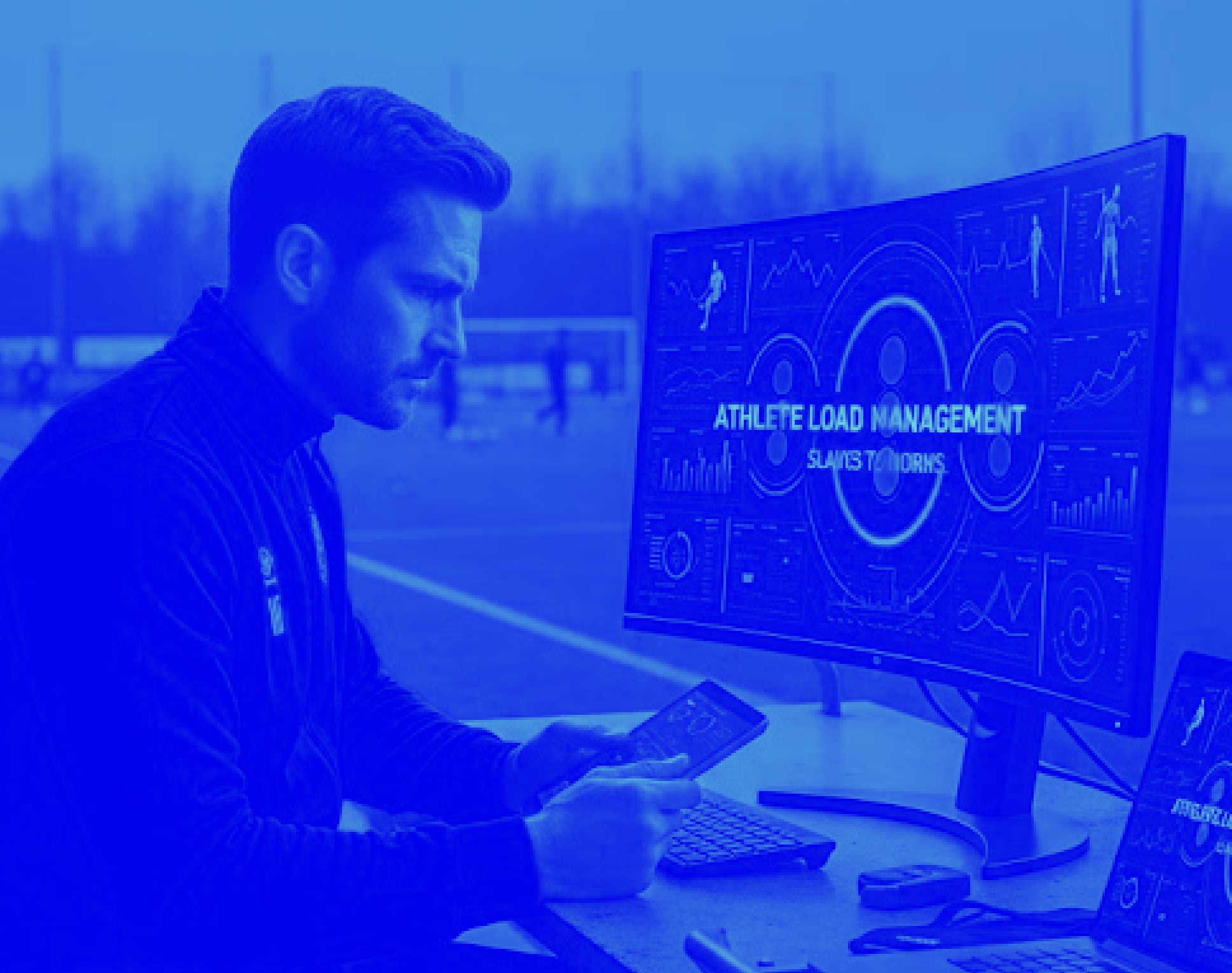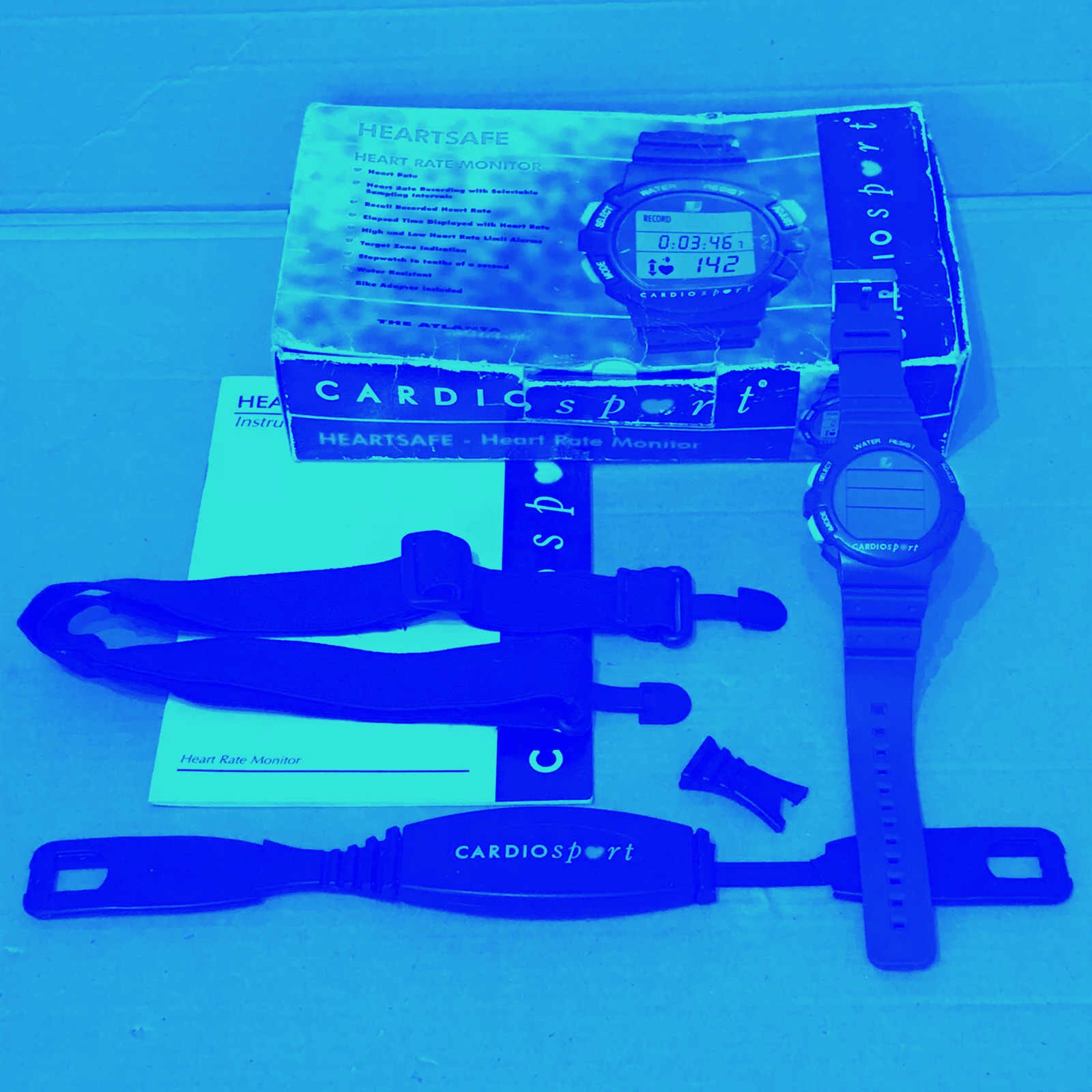Goodbye friends
In 2023, I am quitting my Editor roles in all the journals I have been involved (except SPSR of course)
This is an example of a paper I was in charge of for a top Sport Science journal last year. Here is the journey to eventually get a decision:
Rev 1: Invited – no response
Rev 2: Unavailable
Rev 3: Unavailable – suggested alternates
Rev 4: Unavailable
Rev 5: Invited – no response
Rev 6: Unavailable – suggested alternates
Rev 7: Declined – suggested alternates
Rev 8: Accepted to review – Overdue
Rev 9: Invited – no response
Rev 10: Invited – no response
Rev 11: Accepted to review – Major revision
Rev 12: Unavailable
Rev 13: Accepted to review – Overdue
Rev 14: Accepted to review – Accept (but very limited and poor comments that can’t be used)
Rev 15: Declined
Rev 16: Declined – suggested alternates
Rev 17: Invited – no response
Rev 18: Accepted to review – Reject
After 11 months of review and 3 emails to the authors telling them to be patient and apologizing for something that I couldn’t control, I took the decision the reject the paper based on the (somewhat limited) opinions I managed to gather. I didn’t hear further from the authors, but I guess they were pretty disappointed (and I am choosing my words). Who would not be? Not only talking about the outcome of course…
This is my post-mortem review of my 15-yr experience serving as an editor for several Top sports science and physiology journals:
- It’s a lot of work, which questions the WHY to do it (“cost/benefit”):
- Getting access to information even before it’s published and available? Yes but you may be interested in about 5-10% of the papers you are invited to handle
- Serving a larger cause, but then you need to deeply believe in the overall publishing process, and every time I think of it or experience it as an author myself, I realize how screwed it is anyway (I have pushed for 20 years now for reviewers not to be anonymous to avoid conflict of interest but this is like asking to a non-thirty donkey, to drink).
- Improving your CV and looking good in front of colleagues. Well, if this is what drives you, start to read this or this 🙂
- A lot of people don’t do the job correctly:
- Many people don’t even get the invitation (the email address entered in the system is not current anymore or the invitation lands in their spam folder)
- Many people ignore invitations (even when you have the certitude that their email address is correct)
- Many people decline to review
- Many people accept to review but then take ages before coming back to you, and you need to constantly send them remainders, and it’s very tiring
- Some people accept to review but then don’t come back to you! (and this happens way more often than you would think)
- Some people review poorly so you can’t really base your decision on their comments
- Some people review like d**** so you feel more than sorry to forward those comments – it happened many times that I had to edit their comments and even disregard them since I felt ashamed to send that back to the authors
Overall, good reviewers who provide constructive comments in a few weeks time are VERY rare. So the conclusion of all the above is that most papers are generally not that well reviewed and most of the time you end up having the least bad comments rather than anything optimal. And most of the time it takes 3-5 time longer than expected, which frustrates everyone (especially if all ends with a rejection).
Sport Performance & Science Reports is a review-free platform that, by default, bypasses all the above pitfalls. I hear people saying that there is no value in a non-peer-reviewed work, but so far I haven’t found anything similar that allows people from the field to get cool stuff out, in a simple and straightforward manner. There is also very little open-access research content in our field, which makes me say that SPSR is unique (and needed) on all fronts.
While I agree that not everyone has the skills and experience to filter good vs bad research content, it’s in the end the reader’s responsibility to select what information is relevant or not. This critical eye is probably something that needs to be better taught and developed during early Sports scientist/researcher careers I agree.
Happy new year



